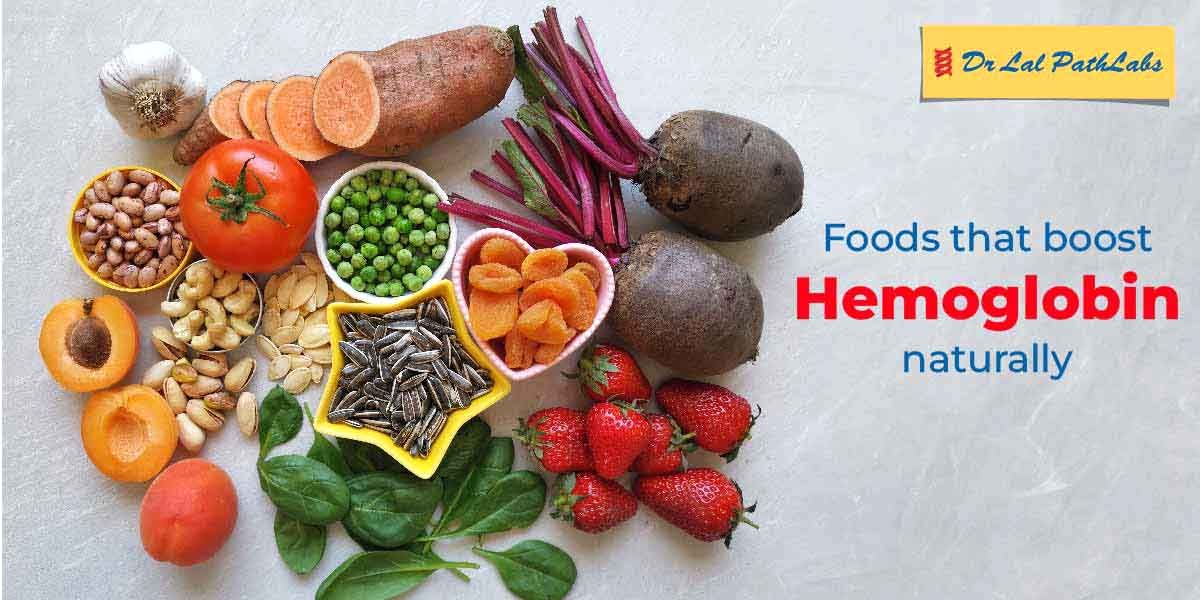5 Common Nutrition Myths Debunked

Healthy eating is vital to a healthy life. The body requires a balanced proportion of different nutrients to develop and function properly. However, with a ton of contradicting nutritional advice available online, it can often become challenging to determine which information is accurate and which is a myth.
This article will delve into the common nutrition myths to help make informed decisions for a healthier lifestyle.
5 Myths About Nutrition Debunked
Here are five facts and myths about nutrition that everyone must know:
Myth 1: A Gluten-Free Diet is Healthier
The gluten-free diet has become significantly popular in recent times. However, gluten-free doesn’t necessarily mean healthy. Gluten is the protein found in food grains like wheat, rye, and barley. These whole grains are excellent sources of nutrients that support digestive health and reduce the likelihood of chronic diseases.
On the other hand, many gluten-free products often lack nutrients such as fibre, iron, and vitamin B and rely on added sugar, refined starch, or salt to achieve the same flavour and texture. Therefore, unless one is gluten intolerant or has celiac disease, there is no need to avoid gluten in the diet.
Myth 2: All Fats Are Bad
Another prevalent nutrition myth is that all fats are bad for health. In reality, healthy fats derived from fish, nuts, and avocados are essential for the body. They provide a concentrated energy source, helping the body absorb fat-soluble vitamins and supporting cell growth. However, it’s important to avoid bad fats like:
• Saturated Fats: These are typically found in meat, butter, cheese, and coconut oil. While saturated fats aren’t inherently bad, consuming them in high quantities can increase cholesterol, increasing the risk of heart disease.
• Trans Fats: These are artificial fats typically found in fried and processed foods. It’s important to avoid them as they increase bad cholesterol, decrease good cholesterol, and raise the risk of stroke, heart disease, and type 2 diabetes.
Myth 3: Eating After 6 p.m. is Bad
Another nutrition myth becoming popular recently is that eating meals after 6 p.m. is bad for digestion and can cause weight gain. However, this is not true. The fact is, the calorie intake is more important than the timing of the meal. Eating late does not cause weight gain unless one is consuming more calories than the body needs. However, some studies suggest people who eat late are more prone to consuming unhealthy snacks, which can cause weight gain.
Therefore, instead of focusing on the timing of the meal, it’s important to consume a balanced, nutritious meal for a healthier lifestyle.
Myth 4: Fresh Produce is More Nutritious Than Frozen
Fresh produce is typically picked before it is fully ripe to survive transportation and storage before being consumed. On the other hand, frozen produce is generally harvested at its peak ripeness and stored at very low temperatures to preserve the nutrients.
As a result, the nutrient content of both fresh and frozen produce is similar, with frozen fruits and vegetables being more nutritious in some cases. This not only makes them healthier but also more convenient and cost-effective, with a longer shelf life. Therefore, both fresh and frozen produce are excellent sources of nutrition.
Myth 5: Regular Detox Diets Are Important
Another common nutrition myth is that detox diets can help cleanse the body of toxins and promote weight loss. However, there is little scientific evidence to support this. Detox diets typically involve fasting or consuming juices or herbal teas for a short period. But the body has its own detoxification system. The kidneys, lungs, liver, and digestive system work together to break down harmful substances and eliminate toxins from the body.
As a result, detox diets are not only ineffective but can sometimes do more harm than good. They can reduce the body’s energy levels, leading to nutrient deficiencies and leaving a person tired and with a weak immune system.
While several facts and myths about nutrition are available online, it’s important to rely on trusted, science-backed information and follow a balanced diet. It’s best to consult with a healthcare professional for a personalised diet plan. It’s also important to identify any nutritional deficiencies to tailor the diet accordingly. Book a vitamin test with Dr. Lal PathLabs to identify deficiencies and make informed decisions about your health.
FAQs
1. What are some facts and myths about nutrition?
• A gluten-free diet is healthier. (Gluten-free products often lack nutrients.)
• All fats are bad. (Only trans fats and high amounts of saturated fats are bad.)
• Eating after 6 p.m. is bad. (The calorie intake is more important than the timing of the meal.)
• Fresh produce is better than frozen. (Frozen produce is equally good or even better in some cases.)
• Regular detox diets are essential. (Detox diets can do more harm than good.)
2. How can adequate nutrients be ensured in the diet?
Eating a variety of whole foods, including fruits, vegetables, lean proteins, whole grains, and healthy fats, can help ensure adequate nutrients in the diet.














